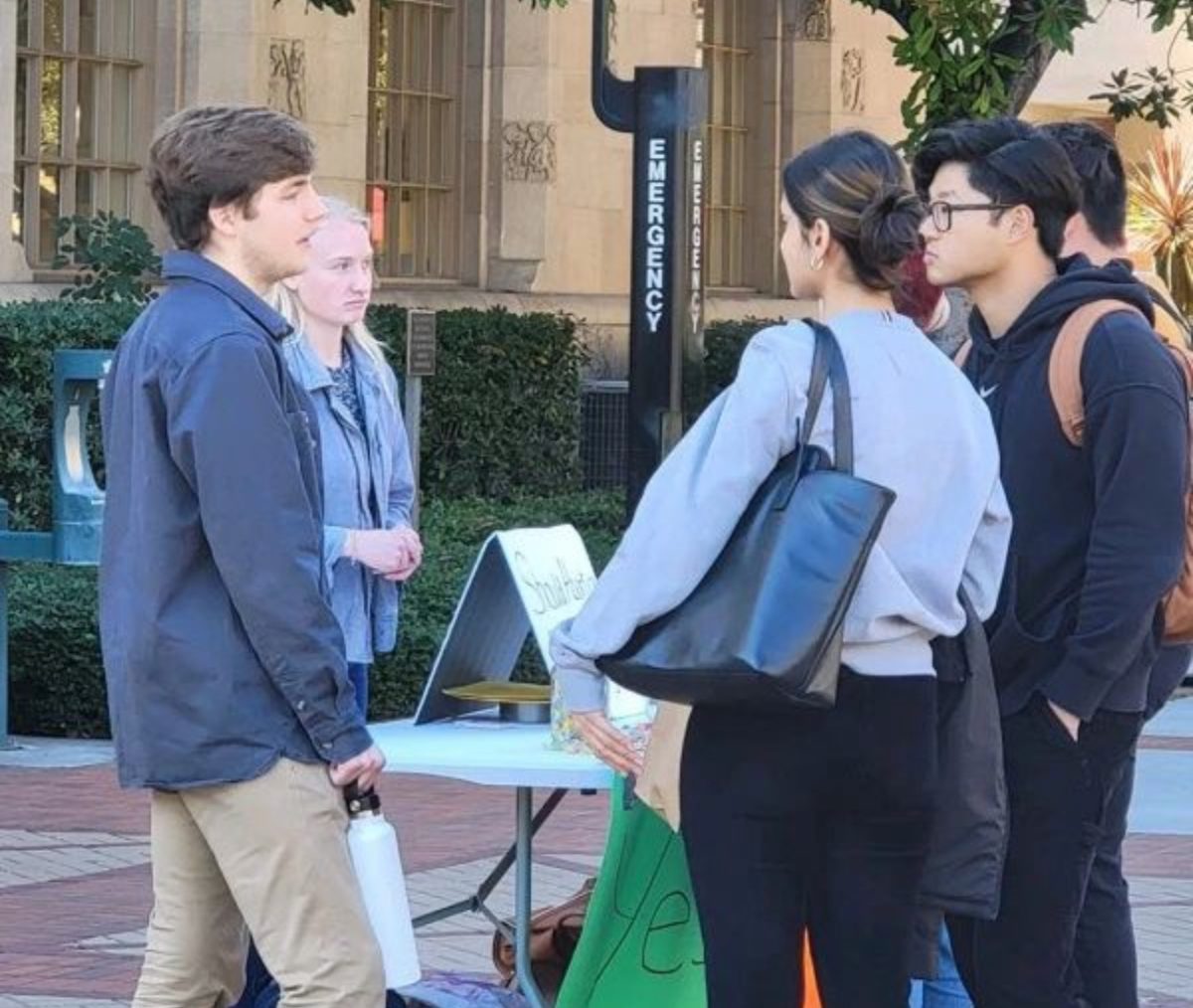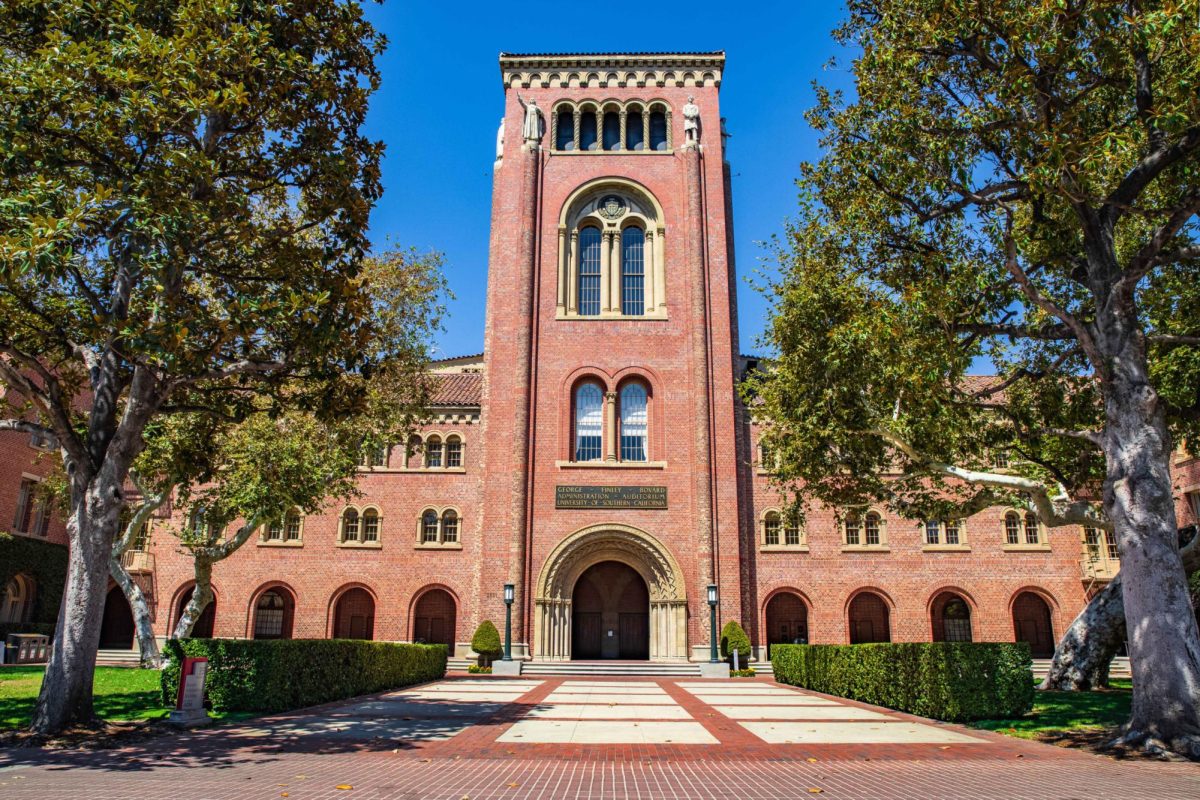If you look at any mainstream news platform, chances are you’ll see a story related to abortion. While I do believe abortion is an important topic to discuss, the constant conversations on the legislative changes and political debates surrounding abortion create a narrative that often overlooks the everyday women who are experiencing unplanned pregnancies. It almost causes us to forget that unplanned pregnancies are a common reality that affect the very women around us, especially those on a university campus like USC.
So, I want to put the abortion debate on the shelf for a moment to focus on the women on campus who are pregnant or have kids. I’m pro-life, but I think one thing everyone can agree on, regardless of their views on abortion, is that pregnant and parenting women should have the comprehensive support they need to both pursue an education and be a mother if they choose to.
Unfortunately, USC does not offer this support.
To illustrate this point, let’s say there’s an undergraduate sophomore at USC who finds out she’s pregnant and decides that she wants to carry her pregnancy to term and parent her baby. What resources are available to her today?
USC Student Health offers prenatal care such as pregnancy tests, appointments with an ob-gyn, and a referral to Mama’s Neighborhood, an external pregnancy resource program supported by Los Angeles County.
However, this is where the resources for pregnant undergraduates both begin and end.
This is not to say that access to doctor appointments and referrals to external resources through the USC Student Health Center are not valuable, but rather that they are not enough. They fail to address the comprehensive needs of pregnant and parenting undergraduate students beyond basic medical care.
Suppose USC really wants to support pregnant undergraduate women on campus. In that case, it needs to offer resources to help both the mother and child after they’re born, including financial assistance to help offset expenses such as food and diapers, childcare support, and access to counseling and support groups for parenting students.
Currently, USC does not offer any of these vital resources, including stipends to offset the costs of pregnancy or childcare assistance once the baby is born. The only child support offered by the university is a childcare program available for graduate students. There is no support system for undergraduate students balancing motherhood and education. Yet, these are the women who need it the most.
According to a study conducted by the Bixby Center for Global Reproductive Health at the University of California San Francisco, financial concerns are one of the leading reasons why women seek abortions. If a large number of women are getting abortions because of financial constraints, it means there is a pressing need for resources, especially financial assistance.
While USC does offer abortion as an option for students who do not have the resources to carry a pregnancy to term, an external factor such as financial instability should not determine a woman’s reproductive decision.
In other words, if a pregnant student is pressured to choose an abortion because of financial reasons, is it truly a free decision when she feels she has no other option?
To uphold a genuine choice for women, there needs to be support for both options. Otherwise, it is coercion operating under the guise of choice. Women deserve better than coerced abortion.
This reason is why it is imperative that USC provide practical resources for undergraduate pregnant women. If abortion is going to be a free choice, then women need adequate support for the other choice, too.
Ultimately, to truly support women, USC needs to prioritize providing resources for pregnant students. USC must recognize the challenges these students face and work towards creating an environment where everyone has the chance to succeed, regardless of their circumstances.
Madelyn Sequeira is the president of Trojans for Life, a pro-life student organization at the University of Southern California.




